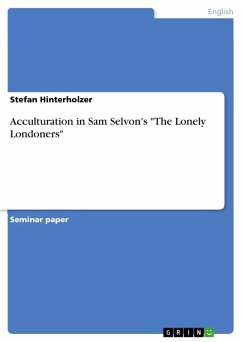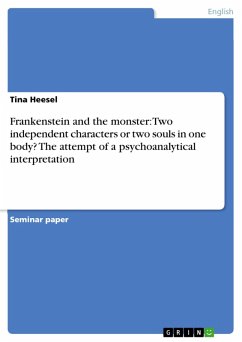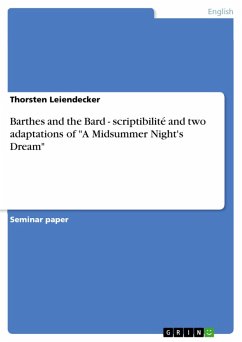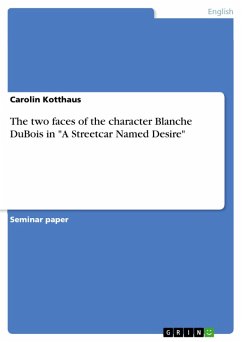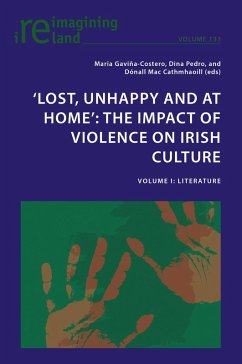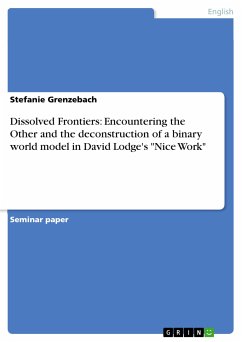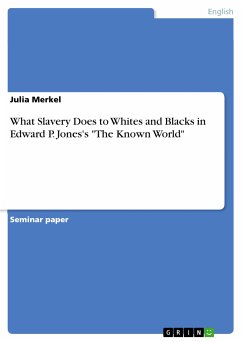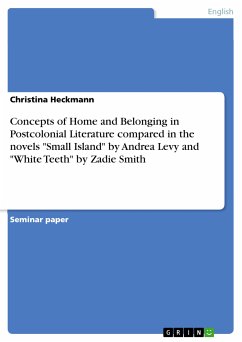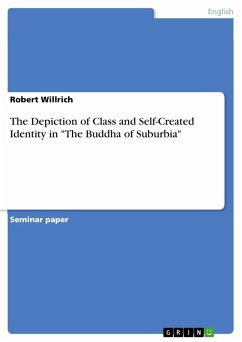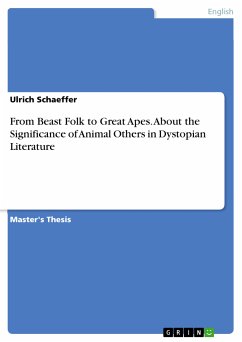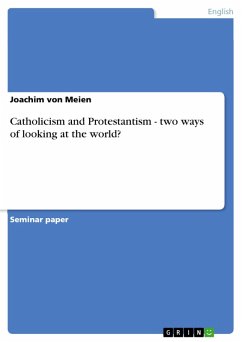
Catholicism and Protestantism - two ways of looking at the world? (eBook, PDF)
Sofort per Download lieferbar
Statt: 15,95 €**
13,99 €
inkl. MwSt. und vom Verlag festgesetzt.
**Preis der gedruckten Ausgabe (Broschiertes Buch)
Alle Infos zum eBook verschenkenWeitere Ausgaben:

PAYBACK Punkte
0 °P sammeln!
Seminar paper from the year 2005 in the subject English Language and Literature Studies - Literature, grade: 1-2, University of Constance, language: English, abstract: Catholicism and Puritanism are important elements of the Christian religion. For about 19 % of today's world population (about 995 million people) Catholicism still plays a major role in their lifes and also Puritan effects can still be observed by looking for instance at the society of the United States of America. But what are the main elements of these religious movements? Chapter 1 is supposed to give a general introduction ...
Seminar paper from the year 2005 in the subject English Language and Literature Studies - Literature, grade: 1-2, University of Constance, language: English, abstract: Catholicism and Puritanism are important elements of the Christian religion. For about 19 % of today's world population (about 995 million people) Catholicism still plays a major role in their lifes and also Puritan effects can still be observed by looking for instance at the society of the United States of America. But what are the main elements of these religious movements? Chapter 1 is supposed to give a general introduction into the topic. In order to do so Catholicism and Puritanism are separately examined. Chapter 2.1 and 2.2 therefore take a closer look at historical developments, main content elements, standpoints and attitudes of these two religious groups. Since this is a literary studies paper it is going to examine a literary work. In 1796 Matthew Lewis published his first book called "The Monk". The 19 year old author created it in only ten weeks. The book became extremely popular which made Lewis very well known, often under the name "Monk" Lewis. Chapter 2.3 "The historical and intellectual background in England at the publication of 'The Monk' describes the situation in late 18th century England before starting to analyse the text in chapter 3. This seems adequate since it is supposed to provide the reader with background knowledge and help him to understand the intense public reaction towards the publication of the book and also helps to understand contemporary views and issues that preoccupied many people of the time. Thereby general historical facts are neglected. Chapter 2.3 rather takes a closer look at the English society and its attitudes towards moral, religion and reason at the end of the 18th century and tries to find out topic relevant particularities. As can also be concluded by the title "The Monk", it is religion which plays an important role in Matthew Lewis' book. But what is his attitude towards religion, especially towards Catholicism, and how does he present it literary, i.e. which metaphors and comparisons does he make use of? Are there hidden or unconcealed assaults on Christianity and if so, what is being criticised? Chapter 3.1 preoccupies with these questions.
Dieser Download kann aus rechtlichen Gründen nur mit Rechnungsadresse in A, B, BG, CY, CZ, D, DK, EW, E, FIN, F, GR, HR, H, IRL, I, LT, L, LR, M, NL, PL, P, R, S, SLO, SK ausgeliefert werden.




